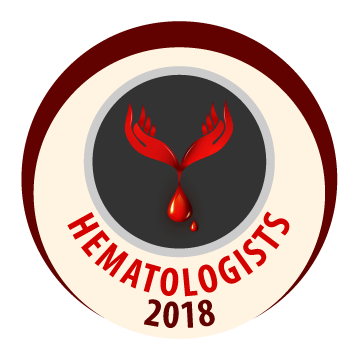
Haytham Dahlawi
Taif University, Saudi Arabia
Title: Prevalence of hemoglobinopathies in Taif city, Saudi Arabia
Biography
Biography: Haytham Dahlawi
Abstract
Hemoglobin variants can be either hemoglobinopathies which are responsible for diseases or non-pathological variants which couldn’t make any detectable disorder. Carriers with structural variant haemoglobin have 30 to 50% of the variant haemoglobin in their red blood cells. The most common variant haemoglobin is hemoglobin S, which accounts for 40% of carriers and responsible for more than 80% of disorders related to hemoglobinopathies. According to the WHO there are at least 948,000 new carrier couples, and over 1.7 million pregnancies to carrier couples every year. Thus, it is very important to provide a systematic carrier screening program specially among at-high risk couples. This might help to prevent or/and reduce the incidence of blood disorders that related to variant haemoglobin. In this study, a total of 9008 blood samples were studied among Saudi male and female, who attending to the centre of premarital screening at Taif city. Of these, 118 cases were displayed abnormal hemoglobin fractions on HPLC. The result of this study showed that Hb S heterozygous was presented as the major abnormality with 58.5% followed by beta thalassemia minor with 21%. Clear understanding the genetics and the prevalence of these diseases will provide opportunities for prevention or and reduce the incidence. Thus, this study suggests that in addition to the huge efforts already accomplished by the Saudi Ministry of Health to prevent at-risk marriages, the early diagnosis for these disorders might be offered for young adults as they can discuss the issue in the early stage of the marriage proposal.

